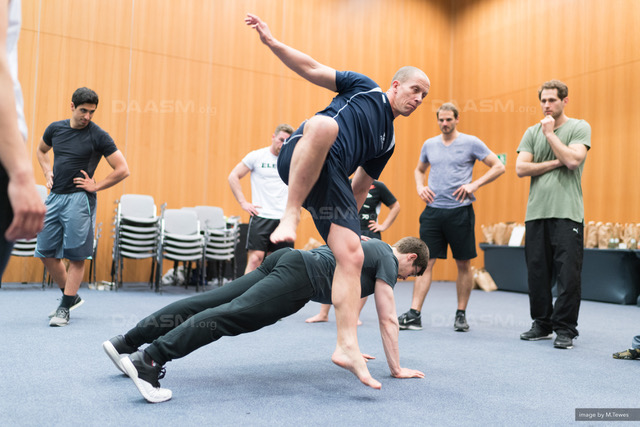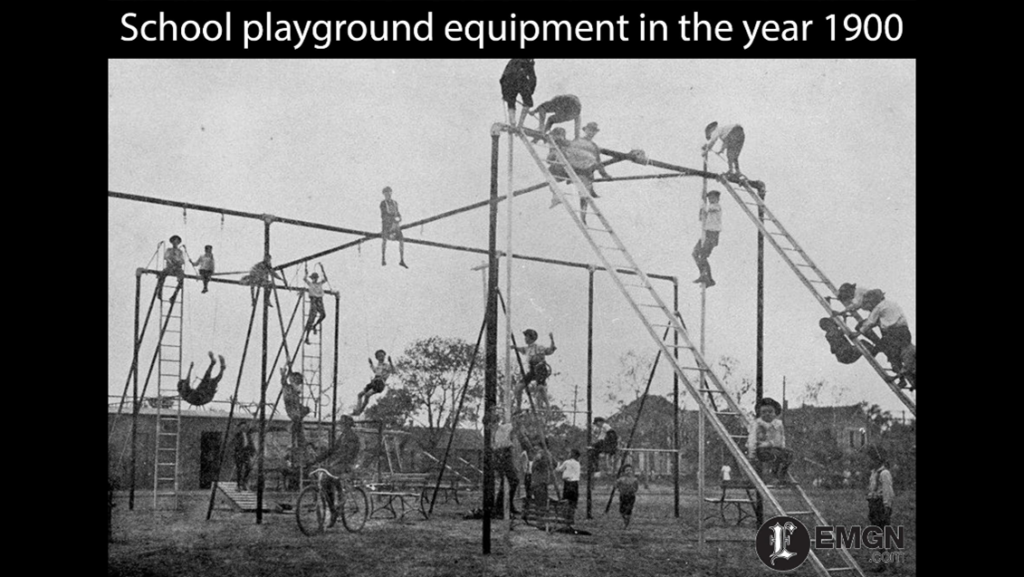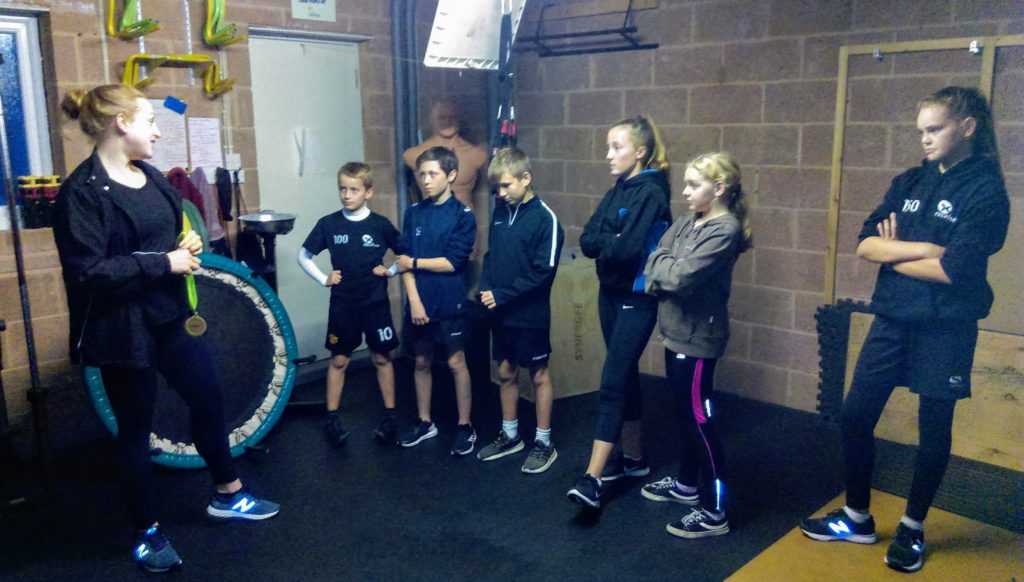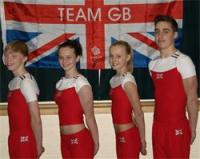Main Menu
Latest Blog Entry
User login
What is Athletic Development?
Athletic Development is a combination of planned, unplanned, organised and chaotic events that lead to a person’s overall physical and mental abilities to perform a variety of physical tasks, often within sport.

Long Term Athletic Development (LTAD) is a model that highlights different stages from infancy to adulthood and what types of activities are best suited at each stage.
As each human being grows up and develops in different environments, with different experiences and with different adaptations, there is no such thing as ‘The ideal pathway’. There are as many paths to the top as there are peaks.
Athletic Development is a concept that applies to all children, and for many adults who want to continue physical activity.
The ability to throw, catch, evade, slide, dodge, skip, run, jump, climb, duck, hop, roll and balance is often summarised with the term ‘Physical Literacy’.
If a child is physically illiterate, then it is unlikely, but not impossible, that they will be unable to participate in a sport successfully. They may get hurt, injured, be unable to keep up, or bend down to pick up the ball or flinch when a ball is thrown at them.
Physical Literacy can be developed through parenting
I am often asked to provide sessions for young children- 3 year old’s in gymnastics or 6 year old’s in athletics.
If I wanted to be rich, I would organise sessions for these age groups and fill the sessions. Yet, these children do not need organised sessions at these age groups.
They need opportunities to crawl and roll on soft surfaces (sand, grass, carpets) to strengthen their limbs and discover movements themselves.
For the budding track stars, I tell the parents to treat their child like a dog. Take them down to the park and throw their child a ball, let them run around maniacally and at their pace. They will set off like a berserker and then rest for a bit.
That is what dog walkers do, and with children you don’t have to pick up their mess afterwards.

But, the parent has to put down their smartphone and interact. They have to sack the ipad babysitter.
The child needs the opportunity to get dirty, fall over and get up again. They need the chance to play with other children without it being a ‘playdate’.
That is why I asked Willand Parish Council to improve the parks in our village four years ago. I gave them advice on what equipment would benefit children and give them the chance to play.
They have been very responsive, taken a punt on my suggestions, and have seen the popularity of the equipment since.

I was frustrated with parents not hanging around long enough for their children to play. So I suggested park benches and picnic tables to encourage families to stay. They have proven popular too, with all sorts of residents enjoying peaceful moments in the fresh air (I have yet to see any National Governing Body put in its ‘Talent Pathway’ plan the incorporation of benches under oak trees in parks).
Our Parish Field has become a park that people from outside our village want to visit.
Athletic Development for All
Most things written about Athletic Development come from Sporting NGBs looking to increase medal counts or from academics promoting their model to gain speaking engagements and publication credits.
Little of what they do has any relevance to George who is 6 years old and likes playing football in the playground and climbing onto the park benches. George has no idea what a ‘Talent Pathway’ is.
For him, ‘Long Term’ means waiting until lunchtime to go out and play.
I set up Excelsior Athletic Development Club five years ago. It was in response to my observations of young people who were keen, enthusiastic sports people, but were unable to perform simple tasks well.
Examples being:
• A 13 year old boy who was part of a swimming ‘Academy’ but he did not understand how to play piggy in the middle with a bean bag.
• Rugby ‘Academy’ players who were given loaded back squats in a Smith machine, but were unable to stand up from a low bench without using their hands.
• Track and Field athletes who could not skip sideways.
• A 14 year old county cricketer who could not throw overhead.
These children were given specialised activities in their sporting environment, but lacked the underpinning skills and basic movement patterns to help them reach a very high level.
My work with National Governing Bodies and the Sport England “South West Talent’ Project brought me into contact with a lot of children whose parents ferried them from organised session to organised session, but had little time to play.
The so-called ‘Talented’ athletes were just normal children whose parents had the time or money or both to take them to training sessions.
Since I have been coaching at Excelsior ADC, I have seen first-hand how ordinary children, somewhat clumsy, sometimes tubby and lacking in confidence, can achieve a great deal given time and opportunity.
I am often contacted by parents who tell me things like, ‘My daughter’s got a body in a million’ (can’t make this stuff up) or ‘He’s an extremely talented tennis player and you will be amazed by his physical ability.’
I give the poor kid the benefit of the doubt and welcome them to our club session.
I have yet to see any child come in and be better at the ordinary skills than our top twenty most regular attendees.

Our unsung heroes aren’t county players or internationals (yet), they just come in and get on with the job of learning gymnastics, athletics, strength and co-ordination training.
In short, they are developing as athletes. Our aim is for them to be healthy, happy and participating in physical activity for the rest of their lives.
That is the definition of Athletic Development in my mind.
Client Testimonials
 Weston AGC
Weston AGC
I first met James at a South West Gymnastic conference and thought he was superb then, and still do! James' ability to adapt to different sports and levels is excellent, and he is superb at getting his message across to different ages of gymnasts. He did a workshop at our club for our competitive gymnasts and it was superb, His work was of great value to a wide range of ages and levels, with a tremendous emphasis on posture and injury prevention. We have been able to put his training methods into practice and are seeing an improvement in the all round strength and fitness of our gymnasts.
More

